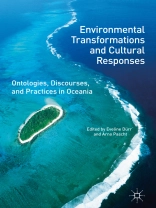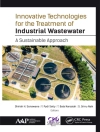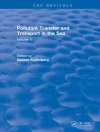This book explores the various ways in which different communities and peoples in Oceania respond to and engage with recent environmental challenges and concurrent socio-political reconfigurations. Based on empirical research, the book discusses topics such as belonging, emotional attachment to land, and new forms of environmental knowledge. The theoretical framework of the book is inspired by current debates among diverse conceptualisations of the environment and thus, of various ways of knowing, making sense of, and interacting with worlds. With this focus in mind, the book provides new insights into recent socio-cultural and environmental dynamics in the Pacific.
Table des matières
1. Engaging with Environmental Transformations in Oceania.- 2. Climate Change, Christian Religion and Songs: Revisiting the Noah Story in the Central Pacific.- 3. Climate Change and Worries over Land: Articulations in the Atoll State of Kiribati.- 4. Experiencing Environmental Dynamics in Chuuk, Micronesia.- 5. Young ni-Vanuatu Reception of Knowledge of Climate Change.- 6. Whose Beach, Which Nature? Coproducing Coastal Naturecultures and Erosion Control in Aotearoa New Zealand.- 7. The “White Magic” of Modernity: Retracing Indigenous Environmental Knowledge in Settler-Colonialist Australia.- 8. Naturally Occurring Asbestos and Perceptions of Rocks in the Mountains of New Caledonia.- 9. Epilogue: Re-building Ships at Sea: Ontological Innovation in Action.
A propos de l’auteur
Eveline Dürr is Professor of Social and Cultural Anthropology at the Ludwig-Maximilians-Universität, Germany. She has worked in New Zealand, Mexico, and the US. Her research addresses environmental issues, urban inequality, and mobilities.
Arno Pascht is Postdoctoral Researcher at the Department of Social and Cultural Anthropology at the Ludwig-Maximilians-Universität, Germany. He has worked in the Cook Islands on land tenure and chiefs today, and is currently conducting a project investigating the localizing of global climate change policies in Vanuatu.












